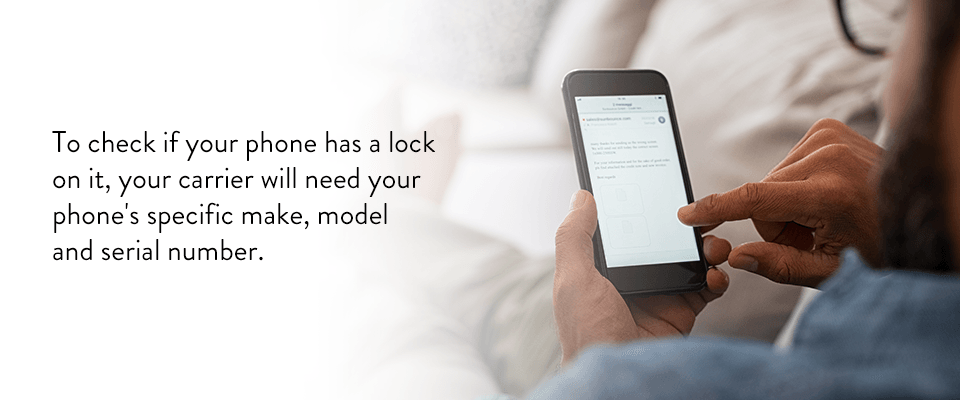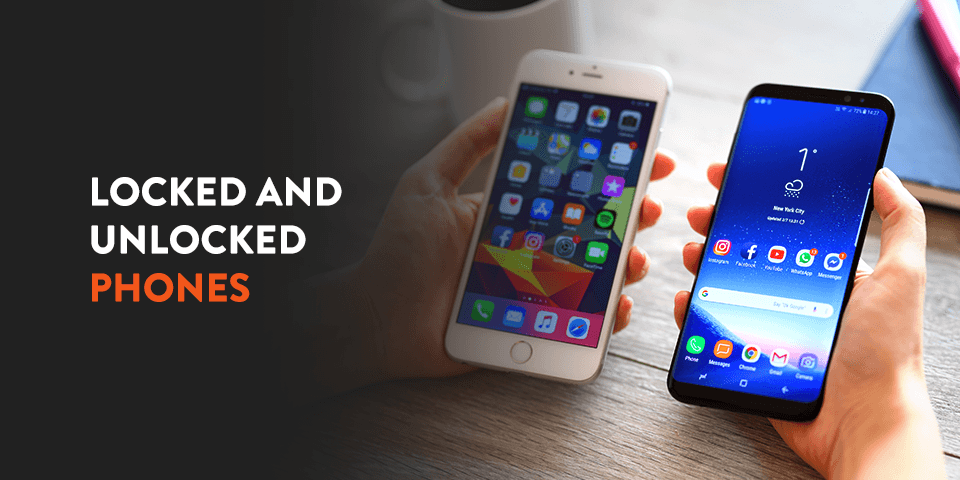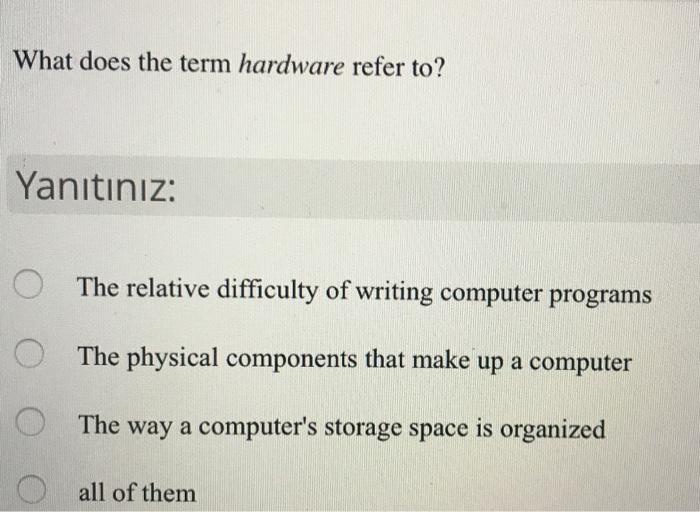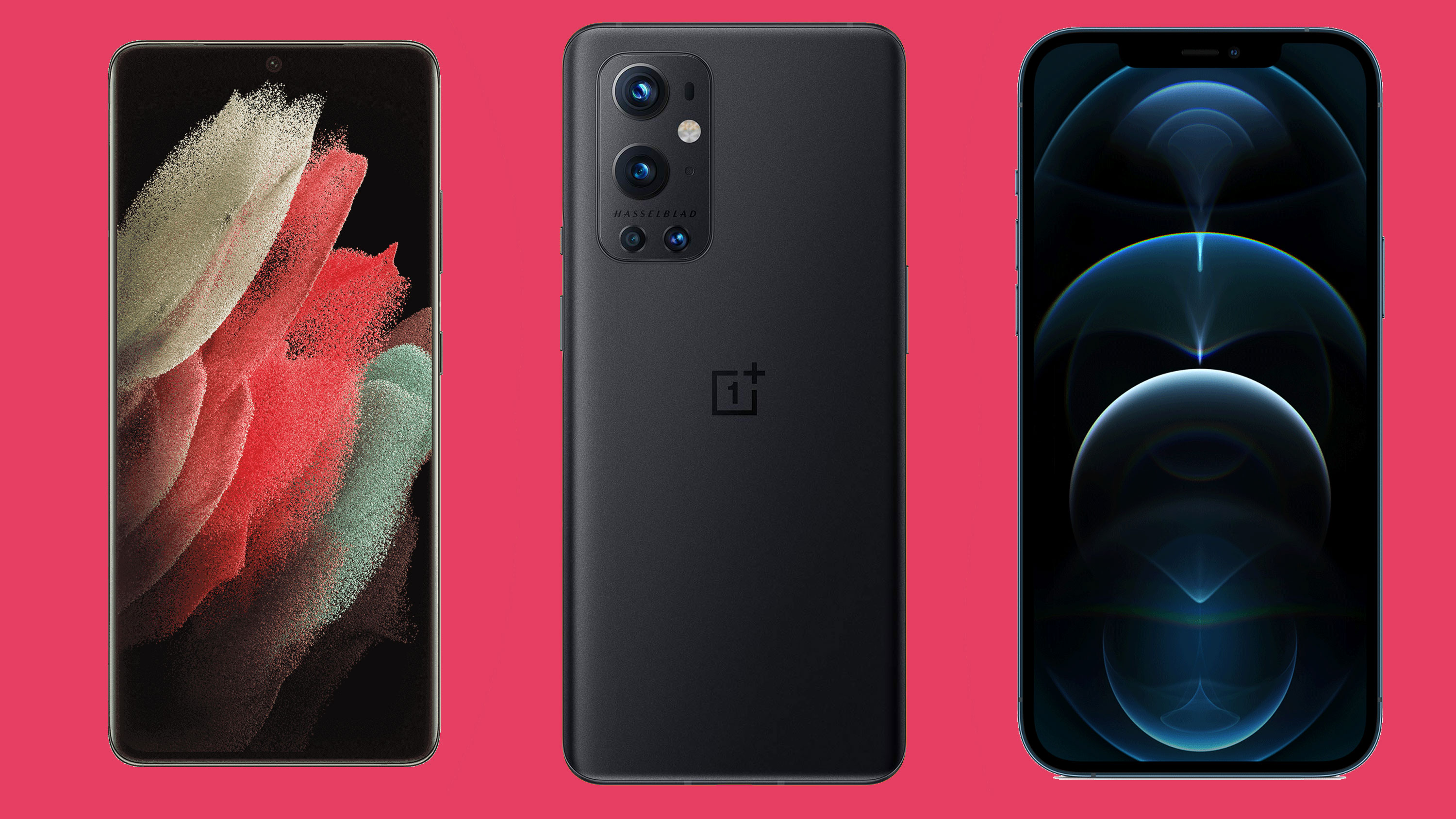Locked Cell Phones: An Essential Guide to Understanding What It Means
Introduction
Are you wrestling with the question: What does it mean when a cell phone is locked? Look no further! This enlightening piece covers every nook and cranny of the concept. From understanding what a locked phone means to steps on how to unlock your phone, and even delving into the legal implications. Plus, we answer some of the most frequently asked queries. Unlock the knowledge and read on.
What Exactly Does a Locked Cell Phone Mean?
A locked cell phone, what does it entail? Here's a quick primer to help you get a handle on this term:
- Affiliation to a Specific Network: In essence, a locked cell phone is closely tied to one specific network provider. This means that the phone won't work if you insert a SIM card from a different provider, limiting your flexibility in switching networks.
- The Locking Mechanism: You might be surprised to learn that this is not a physical lock but a software setting on your phone. It's a security measure taken by the network provider to ensure that your device will only operate on their network.
- The Implication: While it might limit your choices to a certain extent, keep in mind that this mechanism is put in place by the provider to ensure their services are used as long you own the phone. It doesn't mean you can't switch providers - it simply means you'll have to unlock the phone before you can do so.
Understanding this concept will help you make more informed decisions when purchasing a new cell phone or switching to a different network provider.
Reasons: Why Are Certain Cell Phones Locked?
Cell phones being sold locked is not an act of randomness. Instead, they are part of a broader strategy by network carriers. Let's unfold the mystery and explore the core reasons why certain cell phones are locked:
Bullet Point 1: Recouping Investment
Network providers often sell phones at discounted rates or even free as a part of a contract. By locking the phones to their specific network, these providers ensure that they can recover the cost of the phone. The crux of it is, if you cannot switch carriers, you're bound to use their services, providing them with a stream of revenue from usage costs or membership fees.
Bullet Point 2: Preventing Fraudulent Activities
Fraud prevention is another significant reason to lock phones. Potential fraudulent activities might include buying a phone at a discounted price or for free on a contract and then proceeding to unlock and sell it for a more substantial sum. By keeping the phones locked, carriers can effectively nullify such opportunities, ensuring that customers abide by the contract and use the services as agreed upon.
Bullet Point 3: Encouraging Customer Loyalty
By locking phones, carriers are subtly encouraging customer loyalty. Once a customer is aware that their phone is locked to a particular carrier, they're less likely to switch providers, especially if doing so causes inconvenience or added expense. It's akin to a long-term relationship - the longer you stay, the less likely you are to leave.
The above reasons clearly lay out why some cell phones are locked. While it might seem unfavorable from a consumer’s perspective, it is a necessary strategy for network carriers to maintain profitability and a consistent customer base. Bear in mind, however; a locked phone is not a lifelong sentence. In our next section, we will explore how you can unlock your phone.
How Can You Verify If Your Cell Phone Is Locked?
Identifying whether your phone is locked or not is a straightforward task. Here's a simple step-by-step guide:
1. Contact Your Network Provider: The easiest way to confirm if your phone is locked is to get in touch with your current network provider. They can provide accurate information based on your device's IMEI number.
2. Conduct a SIM Card Test: Alternatively, here's a DIY method:
- Procure a SIM card from a different carrier.
- Insert the new SIM card into your phone and turn it on.
- Try making a call or accessing the internet.

Based on the results of the SIM Card Test, you can decipher your phone's lock status:
- Unlocked Phone: If you can make a call and use the internet without any issue, it verifies that your phone is indeed unlocked.
- Locked Phone: If you face issues making a call or accessing cellular data, it's an indication that your phone is probably locked to your current carrier.
By following these steps, you can effortlessly establish whether your cell phone is locked or ready to accompany you as you journey towards a new carrier. The conclusion will put your mind at ease about possible carrier limitations and help you make informed decisions in the future.
How to Unlock a Cell Phone: A Simple Step-by-step Guide
Choosing to unlock your cell phone allows for more flexibility and adaptability based on your individual needs. Here's a clear and easily understandable step-by-step guide to unlocking your cell phone:

1. Fulfill the Contract Terms: First things first, make sure you've abide by all the terms and fully paid off your contract.
2. Contact Your Carrier: Get in touch with your network provider's customer service. They hold the keys to unlocking your device.
3. Request Unlocking Service: Once on the line, formally request your phone to be unlocked. Your provider will likely have some queries for you, so be prepared to answer questions regarding your contract and reason for unlocking.
4. Follow Their Instructions: Once they agree, you'll receive a set of instructions or a unique code to unlock the phone, which you must follow accurately.
5. In Case of Refusal: If the provider refuses to unlock your phone and it's already out of contract, you have the option to explore third-party services.
While taking this path, remember that not all third-party unlocking services are created equal - some might be fraudulent. Do your research diligently and pick a trustworthy and reliable service to avoid any unpleasant situations. Always check customer reviews and ratings prior to purchasing their service.
So, there you have it. While the process may initially seem daunting, this step-by-step guide will hopefully ease the task and put you on the fast track to experiencing the freedom and convenience of an unlocked device. Keep in mind to always be respectful of the terms of your contract and only proceed once you've met these requirements. Happy unlocking!
Is It Legal to Unlock a Cell Phone? Exploring the Legal Landscape
Is unlocking a cell phone a legal act or a punishable offence? This question has long been a point of debate and confusion. However, let's unveil the legalities surrounding it.
- A cloud of uncertainty hovered over unlocking a cell phone's legality until a moment of clarity in February 2015.
- Following a law passed in the U.S., citizens finally had the freedom to unlock their mobile phones without fear of breaking the law.
- Although unlocking a cell phone is a legal act, it's essential to consider a vital caveat.
- While you have the legal right to unlock your phone, this must be executed in alignment with the terms of the contract you've signed with your provider.
- Violation of these terms could lead to penalties as outlined in your contract agreement.
In a nutshell, unlocking a cell phone is legal, but it must be done with due consideration and in compliance with the contractual agreement with a service provider. Always remember the golden rule – respect the terms of the contract, and you'll be on the right side of the law!
Conclusion
Having a locked cell phone doesn't have to be a permanent predicament. With a little patience and the correct information, you can unlock your phone and enjoy the freedom of switching to the carrier that best suits your needs. Just remember to respect contract terms and complete your due payments before flipping the switch!
Related FAQs about what does it mean when a cell phone is locked
How can a locked cell phone affect my usage?
A locked cell phone restricts the usage to a specific carrier or network. This might hinder your ability to switch providers, especially if you travel frequently or find a better deal elsewhere. You may incur roaming charges or face network limitations during travel.
Can all phones be unlocked?
While most phones can theoretically be unlocked, the process and feasibility depend on the network carrier, the phone's manufacturer, and the specific law in your location. Some phones might have unbreakable software locks or might be subject to certain contractual obligations.
Is there any benefit to having a locked cell phone?
A locked cell phone often comes with the advantage of lower upfront costs as network providers typically subsidize the cost of the phone in return for a long-term contract. Furthermore, as a tied customer, you might receive exclusive perks and benefits from the network provider.







